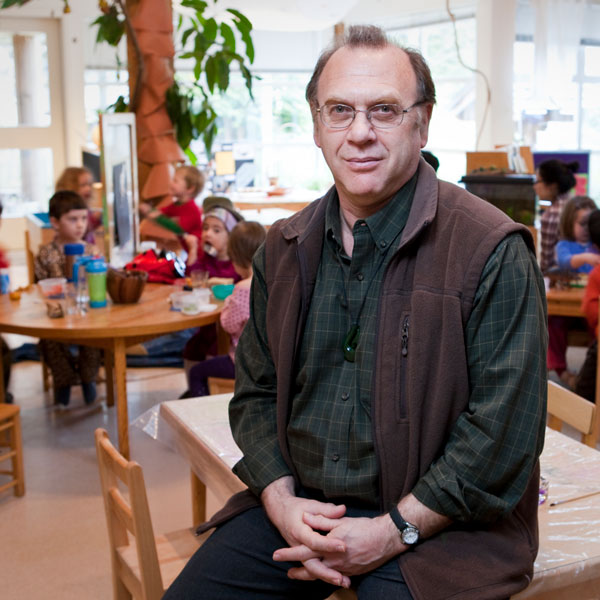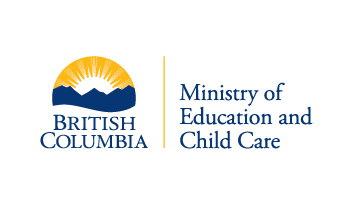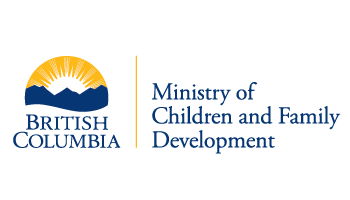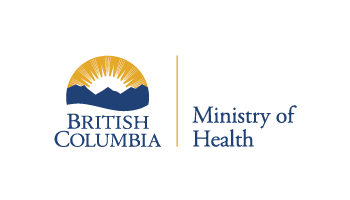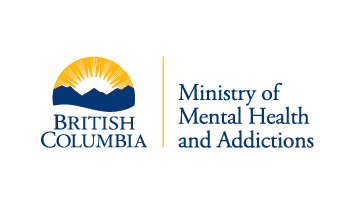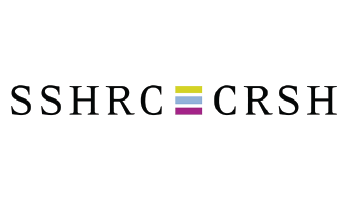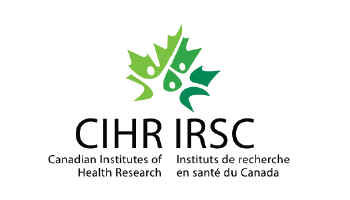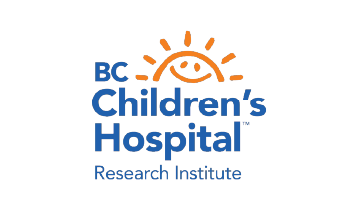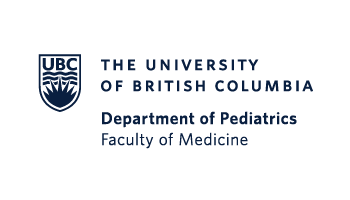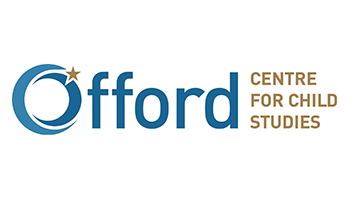

About HELP
The Human Early Learning Partnership (HELP) is a collaborative research and knowledge mobilization centre that brings together expertise, from across disciplines and sectors, to contribute to improving conditions that promote an equitable start in life for all children and their families.
Our work, based at the University of British Columbia (UBC), takes place on the traditional, ancestral, unceded territory of the xʷməθkʷəy̓əm (Musqueam) People.
Vision
All children thriving in healthy societies.
Mission
HELP is dedicated to improving the health and well-being of children through interdisciplinary research and mobilizing knowledge.
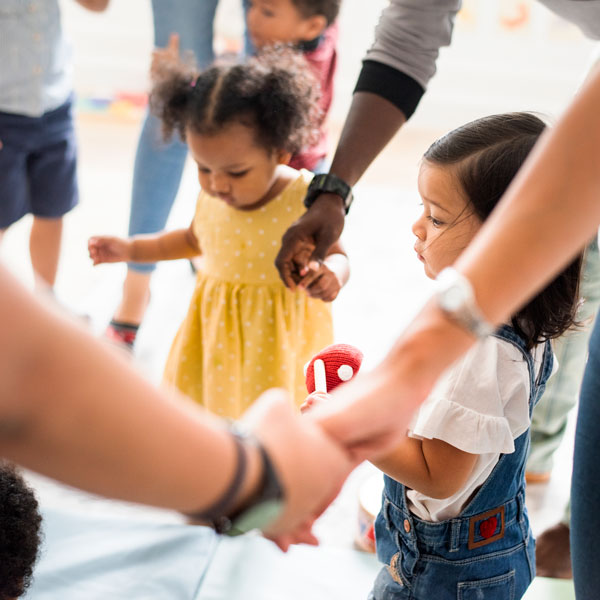
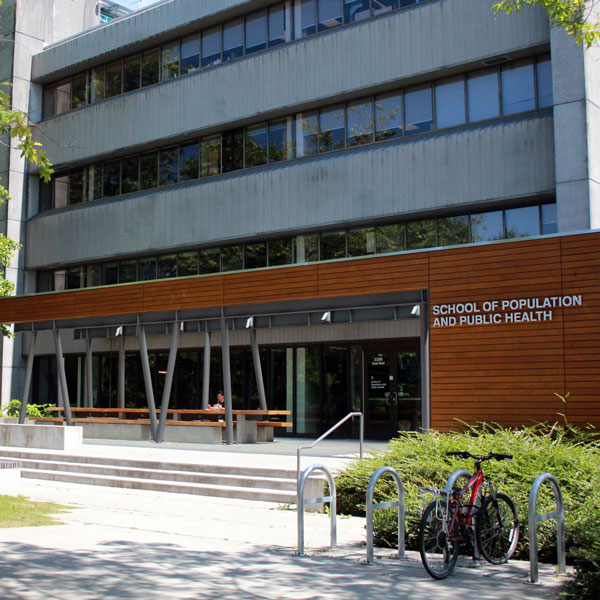
HELP at UBC
HELP is a UBC Senate-approved centre situated within the Faculty of Medicine’s School of Population and Public Health (SPPH). HELP’s strategic priorities contribute to those of both the Faculty of Medicine and SPPH. By combining rigorous population-health and research with strong knowledge mobilization efforts, HELP contributes to the creation of upstream solutions that aim to address the most pressing issues impacting the healthy development of children and their families.
HELP's unique approach:
Relationships
Reciprocity, accountability and respect are at the foundation of HELP’s longstanding relationships with communities, organizations, institutions and governments across BC and Canada. These relationships, along with guidance from an Aboriginal Steering Committee (ASC), contribute to our research, data and knowledge mobilization initiatives. Learn more about the Aboriginal Steering Committee
Data
The Child Development Monitoring System safely and reliably gathers population-level data about the developmental health and well-being of children and adolescents at multiple times throughout their early life course (infancy to 18 years of age) and is the foundation for much of the leading-edge research and knowledge mobilization undertaken at HELP. Learn more about the Child Development Monitoring System.
Expertise
Faculty, researchers and affiliates at HELP hold scientific expertise across a wide range of disciplines, contributing to a unique and diverse program of research that situates HELP research at the forefront of important health and equity issues. Learn more about HELP research.
Impact
HELP leads collaborative and inclusive processes that transform data and research into action. Across both practice and policy, HELP is focused on supporting evidence-informed change across systems, institutions and in communities. Learn more about HELP’s knowledge mobilization and research impact.
Commitment to Reconciliation and Decolonization
Canada’s history of colonization, residential schools and systematic institutional discrimination has had a profound intergenerational impact on the health and well-being of Indigenous children, families, and communities. In 2021, UBC released an Indigenous Strategic Plan that commits the university to taking a leading role in the advancement of Indigenous peoples’ human rights.
With the leadership of the ASC, and in collaboration with UBC’s Indigenous Research Support Initiative and the Centre for Excellence in Indigenous Health, HELP’s commitment to reconciliation and decolonization is guided by the following:
- Truth and Reconciliation Commission of Canada: Calls to Action
- UN Declaration on the Rights of Indigenous Peoples (UNDRIP)
- National Inquiry into Missing and Murdered Indigenous Women and Girls: Calls for Justice
- Ownership, Control, Access and Possession (OCAP™) and First Nations information governance
- Tri-Council Policy Statement: Ethical Conduct for Research Involving Humans: Research Involving the First Nations, Inuit and Métis Peoples of Canada
Learn more about Indigenous Initiatives at HELP
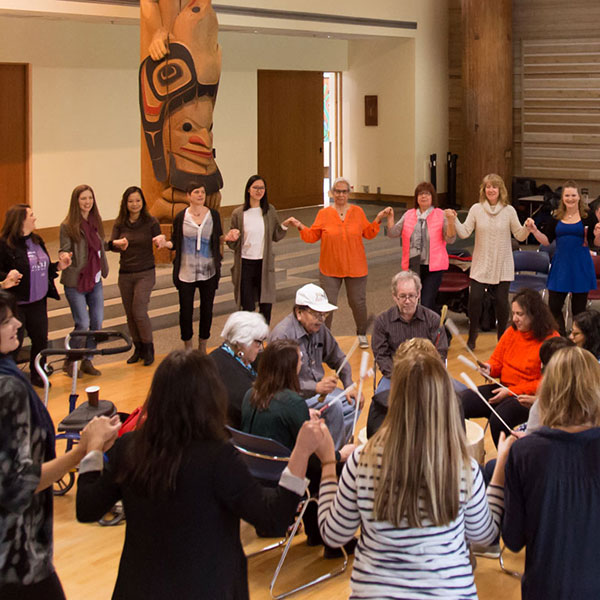
People
HELP is home to over 40 faculty, staff, students, advisors and affiliates who demonstrate expertise, passion and commitment to creating the conditions that will ensure a better start for all children in BC and beyond. Learn more about the diverse team at HELP.
History
In 1999, Dr. Clyde Hertzman and Dr. Hillel Goelman pioneered a program of research to explore “the differences that make a difference” in children’s early development. Dr. Hertzman understood that without high-quality data and research, problems would remain unseen and no action would be taken to solve them. Dr. Hertzman envisioned a unique child development monitoring system that follows populations of children across their development, proving that through high-quality data and research, children can have “equity from the start.”
